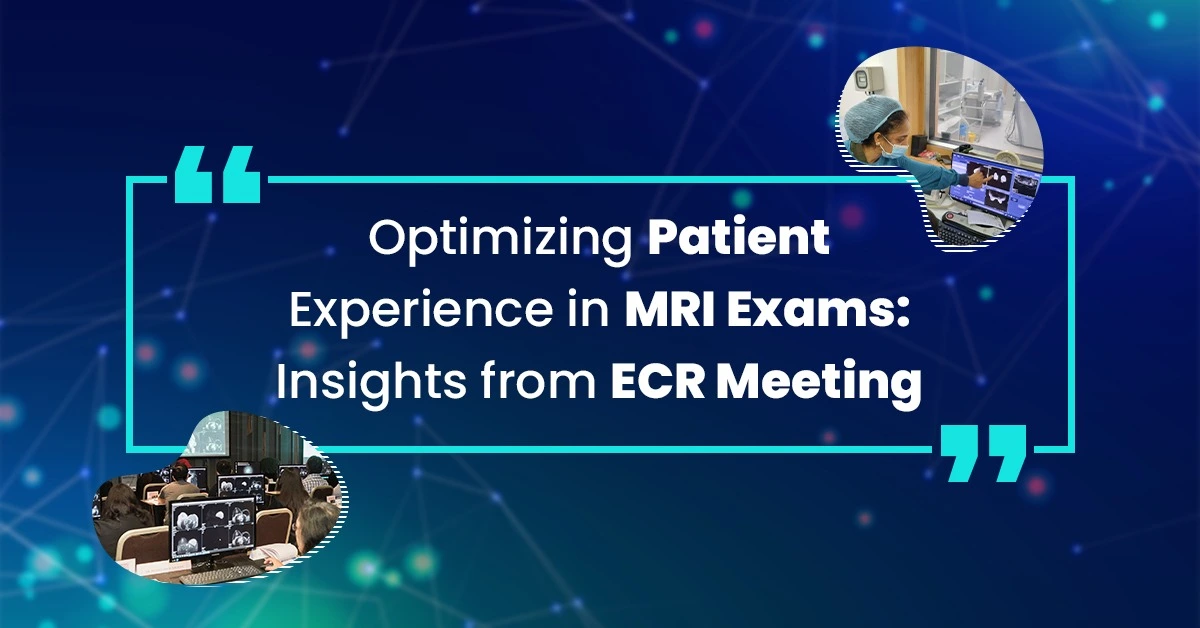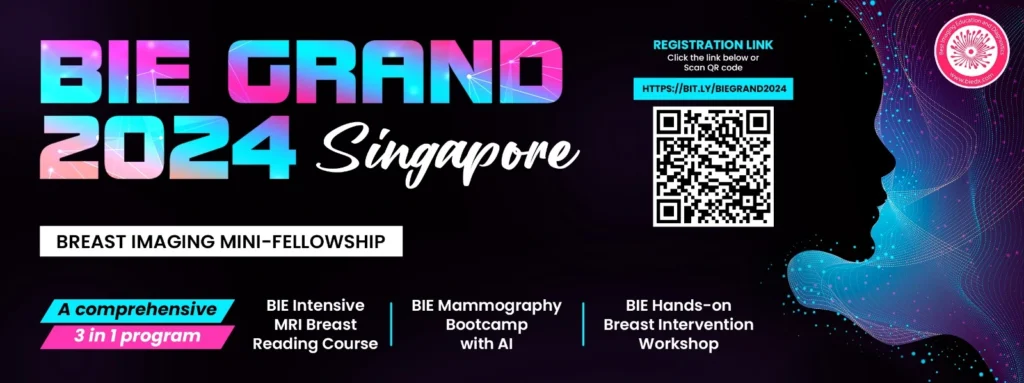At a recent presentation during the European Congress of Radiology (ECR) in Vienna, Isabel Nieto Alvarez, a doctoral candidate at Friedrich Alexander University of Erlangen-Nuremberg, explored the pivotal role of patient feedback in enhancing MRI exam experiences. Her insights shed light on addressing patient anxiety and discomfort, aiming for more patient-centric care.
Alvarez highlighted a concerning trend where a significant portion of patients, ranging from 25% to 30%, reported experiencing moderate to severe fear during MRI exams. Additionally, a notable percentage, ranging from 1.5% to 6.5%, requested an early termination of the examination, underscoring the urgency of addressing patient concerns. Moreover, 36% of patients expressed dissatisfaction with the communication between themselves and the imaging staff, indicating a critical area for improvement.
Recognizing the profound impact of patients’ experiences on outcomes, Alvarez emphasized the necessity for further exploration. Her team conducted a comprehensive literature review, exploring how adult patients perceive MRI exams across various stages, from pre-exam preparation to post-imaging evaluation. Several key factors influencing patients’ MRI exam experiences emerged from their analysis:
Personal and Sociodemographic Context:
Variables such as age, gender, health literacy, and physical condition significantly influence patients’ comfort levels during MRI exams.
Clinical Situation:
Patient’s physiological condition, disease type, and stage, as well as the clinical process of the MRI scan, are crucial determinants of their overall experience.
Situational Factors:
Patients’ perceptions of external threats, adequacy of exam information, and interactions with staff profoundly impact their comfort and satisfaction levels.
Alvarez also shared poignant patient feedback, illustrating the diverse array of experiences encountered during MRI exams. Patients expressed concerns ranging from feeling vulnerable during preparation to experiencing anxiety-inducing factors such as loud noises and enclosed spaces during imaging. Post-MRI, patients lamented the lack of empathy and friendly attitude from staff, underscoring the importance of compassionate care throughout the entire process.
The review’s findings provide a foundational understanding of adult patients’ MRI experiences. By amplifying patients’ voices, healthcare providers gain invaluable insights into the themes and characterizing factors at each stage of the procedure, facilitating targeted interventions to enhance the overall experience of care.
In conclusion, Alvarez emphasized the imperative for further research encompassing sociodemographic diversity, clinical process data, and ongoing patient feedback. Leveraging these insights, healthcare providers can implement tailored strategies to alleviate patient anxiety, improve communication, and foster a more supportive and empathetic environment during MRI exams.
The insights gleaned from Alvarez’s presentation serve as a call to action for radiology professionals to prioritize patient-centered care and continuously strive to enhance the MRI exam experience for all patients. Through empathy, communication, and responsiveness to patient feedback, we can ensure that MRI exams are not only clinically effective but also comfortable and empowering experiences for individuals undergoing this vital diagnostic procedure.
To learn state-of-the-art structured breast MRI reporting as per the ACR BI-RADS guidelines, Mammography with Artificial Intelligence, or Breast Interventions, please join our upcoming Breast Imaging mini-fellowship program – BIE Grand 2024.




